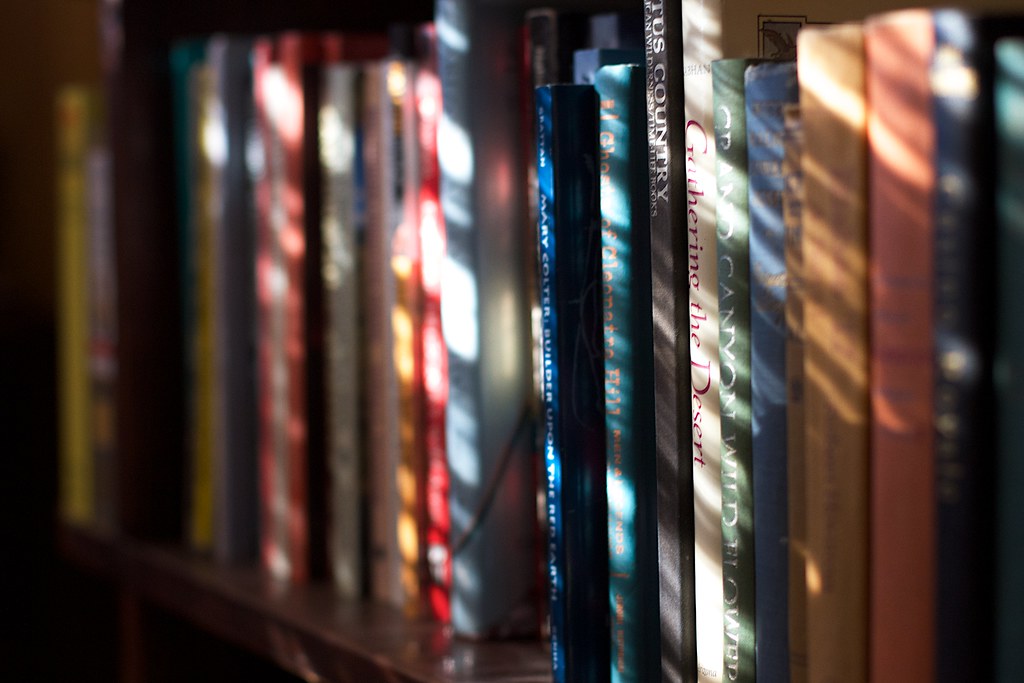
How can you do that, though, when it can be scary to leave your house? When police may stop you just for being outside? When the critical needs of your community are massive, complex, and liable to shift at any time? You need reliable sources of information. And you need the skills to identify those sources, to digest and analyze what you find in them, and to share what you learn with other people.
Political activists are used to dealing with lots of information, but many of us manage by simply tolerating a consistently high level of news and data. That’s fine, until it’s not fine. If your news and information input suddenly goes up a lot –say because the entire world is struggling to manage a highly contagious virus and in the process exposing the gross inequities in human societies and the cracks in our fragile systems of social support– you might end up over your limit. Without new strategies to manage the information flow, you may find yourself depressed, anxious, unable to sleep (or all three).
Think about what you actually need to know
Don’t be tempted to absorb as much information as you can about everything. A strategic approach is likely to be more fruitful, and much less stressful. So think about what you need to know. Different types of questions require different types of sources. For example, are there constantly changing issues that you want to monitor? Then you need a reliable news source you can visit regularly for updates.
If it’s hard to prioritize, think about why you care about each issue. Recognize that this can be complex: sometimes you need information about one topic before you can begin to formulate your questions on a secondary topic. And you may want to start by investigating questions that will help you take action on a political priority. Once you have a sense for your most urgent questions, focus on those until you have them resolved. Don’t let yourself get sidetracked or overwhelmed.
Identify a few trusted sources you can rely on
You may also want to think about how your news source presents information. Are the articles clearly written? When a story includes information from a source, is it clear who that source is? Are the charts, graphs, or illustrations useful and easy to understand? Think about more than just the content of the stories; be critical about the methods the editors and authors use to communicate with their audience.
Carefully consider what other sources you need to consult
Sometimes your small group of trusted news sources will not cut it. When you need facts, technical data, or answers to specific questions, you may need to go looking for information. One great way to get started is to ask yourself, who is likely to care about this issue? Be creative as you consider this question.
Say you want to know the precise mechanisms that are driving higher COVID-19 death rates in Black, Latinx, and Indigenous communities –not just the concept of structural racism, but the specific factors that affect people’s health situations.
So ask yourself: who do you think cares about this issue? Advocacy groups that focus on illuminating and combating racial inequities might have produced analysis, statistical data, or policy statements that could be helpful to your research. Think tanks or research institutes could be another source for analysis and data, especially if you can find a research organization that focuses on racial equity in health care, or on the health of Indigenous, Latinx, or Black people in particular. Individual activists and advocates for racial equity may have written or spoken about the issue of racial disparities in COVID-19 death rates recently.
No matter what topic you want to look into, it is valuable to start by spending some time thinking carefully about who might produce information on the subject, and what form that information might take. A strategic approach can help make your research more efficient, and can also help you find useful data and stories that would otherwise be hard to locate.
Ask for help
Don’t be shy about using libraries to support your research. Public libraries’ missions are focused on serving their communities, and that includes you. Feel free to come back as often as you like, and ask as many questions as you want, on any topic. Library staff are trained to help you, and chances are they’d love for you to be a regular.
Help other people
Before you share news and data with others, think about what you’re sharing and why. If you see something that sounds astonishing or hard to believe, do a little research before you share it, so that you can be sure you’re not spreading rumors or lies. Cite your sources, so that people can learn more if they want to. Share your tips about being a critical and thoughtful user of news and information.
And be mindful of other people’s needs and interests. Some folks love to hear all the details, no matter what. Others find that limiting their intake of potentially-stressful information helps them maintain their peace of mind. Ask your friends, comrades, and family if they want to hear the news you have to share, and then respect their boundaries.
Good personal information hygiene, like any form of self-care, will provide you with the space and the tools to help care for others. And a strategic approach to news and data gathering can help you be more efficient and effective in your political work to build a better world.
Author Bio:
Related Articles
Copyright Toward Freedom 2019
